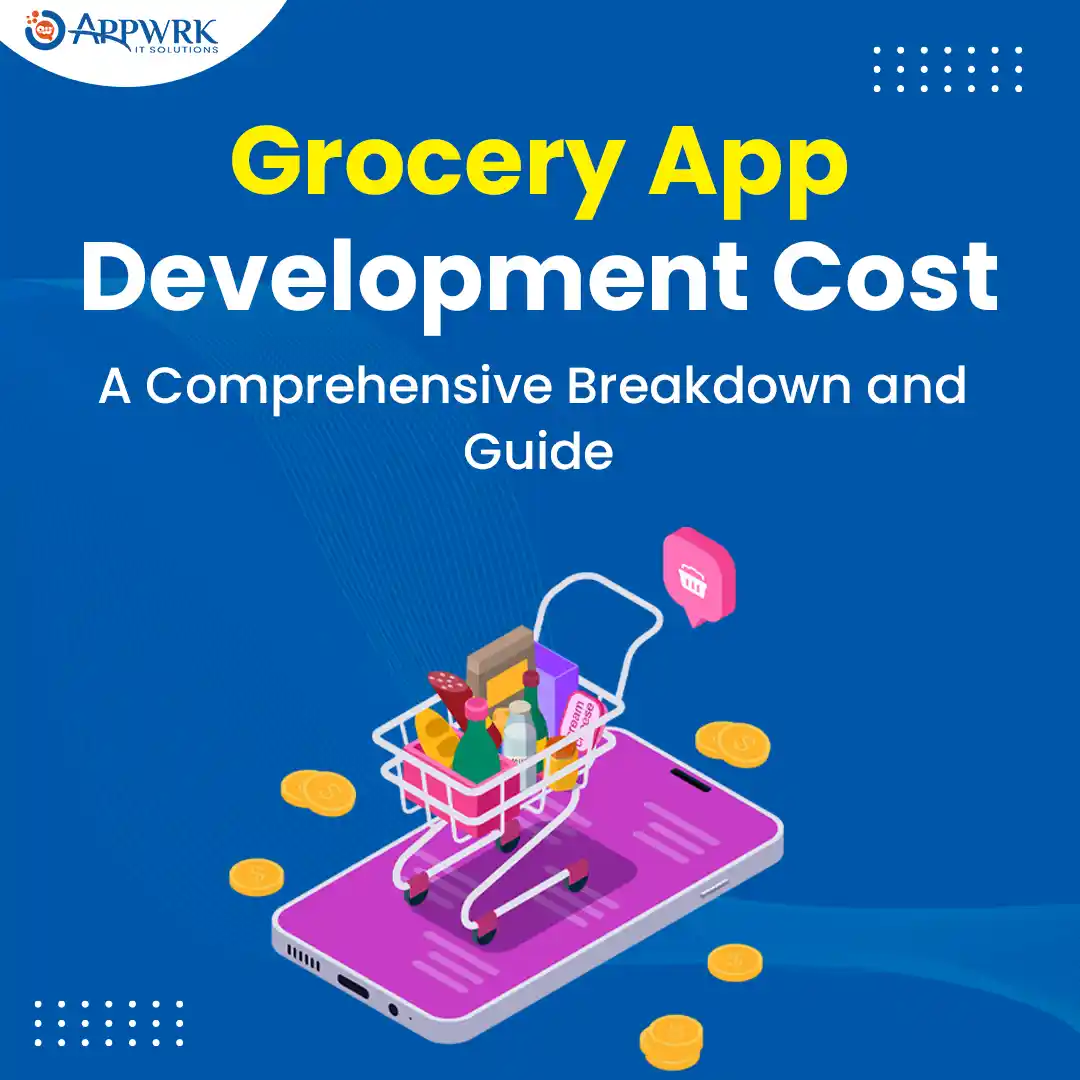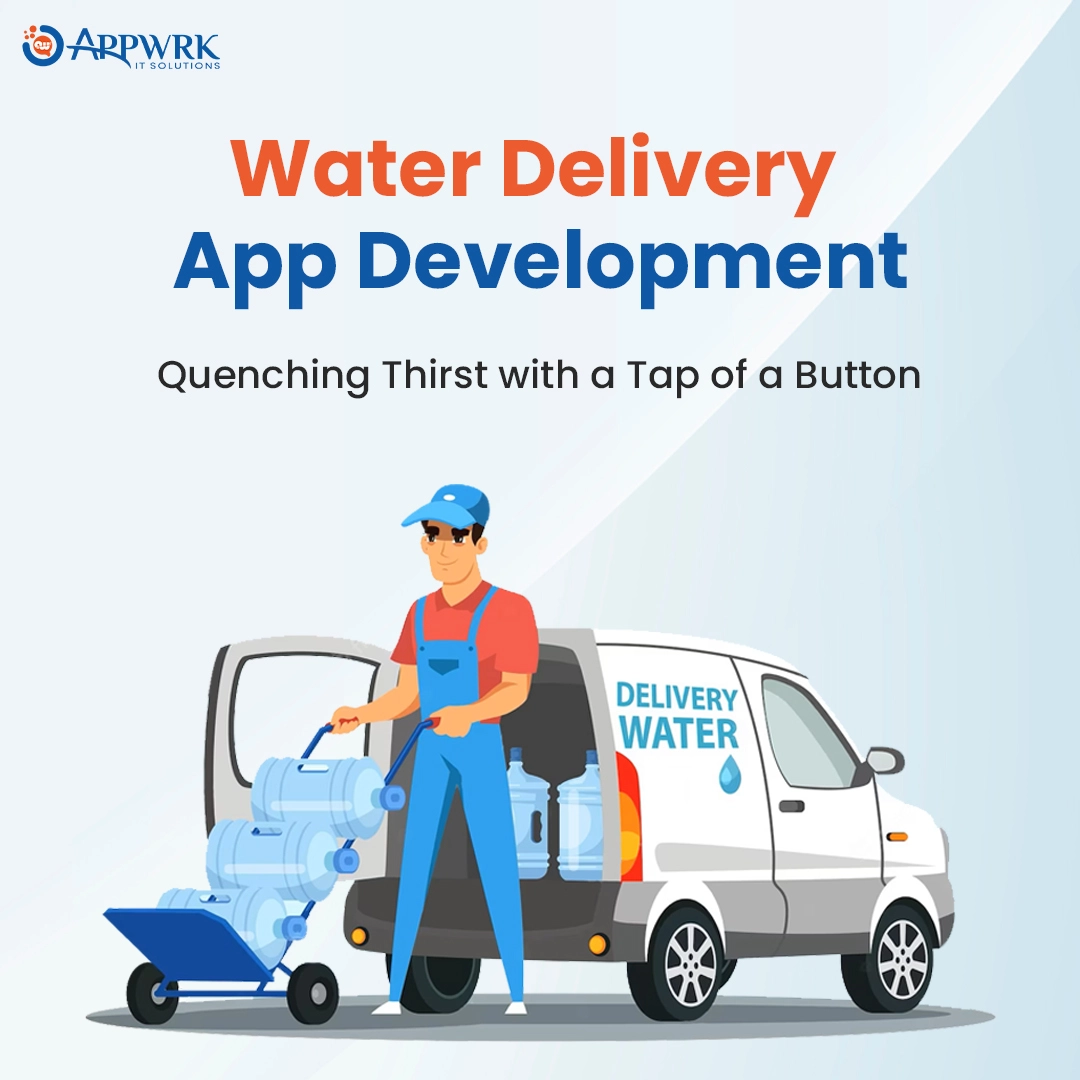Native Mobile App vs Hybrid Mobile App: Which is Best for Business?
With the exponential growth in the number of users of mobile devices, the demand for mobile applications has increased even more than before. It makes crucial for enterprises to invest in mobile app development and launch their mobile application. From banking to car-pooling, every organization requires a mobile app as it helps them to sustain their client base and give a competitive advantage in their respective industries.
According to Jmango 360, mobile users spend around 90% of their time using the apps and 10% on the web. It is estimated that the number of apps downloaded on mobile will increase to 299 billion by 2023 from 247 billion in 2020. The statistics also predict that mobile apps will generate an overall revenue of $935.2 billion by 2023. So, developing a mobile app for your business will be the best investment you can make today. The most crucial issue that organizations must go through during mobile app development is deciding between native mobile app vs hybrid mobile app.

When you begin to create a new mobile app for your business, you have a wide range of options, but you may be confused about where to start. Is Native app development the right choice? Should you go through web technologies or hybrid solutions for mobile app development? These common questions may arise when you decide to develop a mobile app for your business.
To start developing the mobile app, it is essential to pick the right solution, and it depends on numerous factors, including your budget, target audience, timeline, and your team’s experience with the technology.
If you are also wondering whether to choose the hybrid or native router for mobile application development, this article will definitely help you. In this blog, we will talk about:
Table of contents
Let’s dive into the topic and find out which approach is better for developing a mobile application.
What is a Hybrid App?
As the name implies, a hybrid app is a combination of both Native apps and web apps. It is a mobile application that works across several platforms such as Windows, Android, iOS, etc. Besides that, the app can be installed on a device and run on any browser such as Chrome, Mozilla, etc. If you want to build a faster and cheaper app, go with hybrid mobile app development.

Anyone can develop a hybrid app using Javascript, CSS, and HTML5 wrapped in the native container helps to run the app smoothly on a smartphone. The hybrid apps can either be accessed from a web browser or downloaded from Play Store or App Store. The speed of these apps depends on the browser speed. This is the reason that hybrid apps are never fast as native apps.
Pros of Hybrid Apps
The advantages of using the hybrid app for development are listed below:
- Reduce Development Time: The hybrid apps are built using the common web technologies across the front end and back end. It will help in reducing the development time.
- Cross-Platform Availability: These apps are built using a common codebase. So, it can be used on both iOS and Android devices.
- Affordable: The development of hybrid apps is cheaper than native applications, and their maintenance cost is also low.
- Greater Discoverability: Hybrid apps work on multiple platforms and can operate on Android or iOS. It is featured on Play Store or App Store.
- Internal API Access: Unlike web apps, these apps utilize device features such as push notifications and location.
Cons of Hybrid Apps
The drawback of using hybrid apps are:
- The hybrid app development process is slower compared to native applications.
- Requires an uninterrupted internet connection to run smoothly.
- Unable to use the full functionality of the mobile devices.
- It relies on third-party plugins to access the inbuilt features of the smartphone device.
What is a Native App?
When you think about an app, what comes to your mind first? A little branded icon on your smartphone screen? Well, most people think in the same way. The fact is mobile apps that you will see in the Play Store or App Store is just one type of app which are known as native apps.

Native apps are those applications in smartphones that are designed especially for mobile operating systems, such as Android or iOS. These apps are developed using different programming languages like Java for Android apps and Swift for iOS apps. It allows access to the in-build device capabilities, including GPS, camera, location, etc.
Native apps offer a great user experience with faster performance and high-security features. One of the interesting things about Native apps is that few Native apps can be accessed without an active internet connection. But, it makes the process of building an app expensive because it is designed to run on a specific operating system or device (Android or iOS).
Pros of Native App
Some benefits of Native app development are listed below:
- Excellent Performance: The Native apps tend to run smoothly even with heavier graphics.
- Better User Interface: These apps require to meet the platform-specific standards for better performance. So, these apps outperform comparison to hybrid and web applications.
- Platform-Specific Features: By creating the app for Android or iOS grants your business access to platform-specific features. These apps can take advantage of mobile features like contacts lists, cameras, GPS, and many more.
- App Store Visibility: Offers greater visibility to your business as they have a feature to be available on App Store or Play Store. This feature makes it simpler for new users to find your brand.
- Works Offline: The Native apps can work offline via the device notification system. It is done through push notifications and sends an alert to the users when new content is published.
Cons of Native Apps
The limitations of using Native apps are:
- Native apps are developed on one platform and will not run on another platform.
- A large amount of budget and time is needed to develop a Native app to make it compatible with multiple platforms such as Android and iOS.
- Require high maintenance cost
- It requires a high investment time, resources, and talent.
- Longer development cycles.
Native Mobile App vs Hybrid Mobile App: What’s the Difference?
The Native app is developed for a specific platform, either Android or iOS, while the Hybrid app is a native app in which the entire application adapts to the web view display. Another major difference between the two applications is native apps are built on programming languages, and for hybrid applications, developers use different web technologies like Javascript, CSS, and HTML frameworks.
Now, when you know the pros and cons of Native and Hybrid apps, it becomes easy to differentiate between the Native app and Hybrid app. Let’s see the comparison chart between the hybrid and the native app. Both terms are compared based on some characteristics.
| Criteria | Native App | Hybrid App |
| Brief | Native apps are developed to work on a particular operating system. | Hybrid apps are developed to work on multiple operating systems. They can work on both Android or iOS. |
| Languages Used | Swift, Java, and Kotlin | Javascript, CSS, and HTML |
| Codebase | Multiple codebases | Single codebase |
| Installation | Require installation | Do not need to install |
| Performance | Native apps are fast and expressive UIs. They provide an excellent user experience. | Slower than native apps, and it performs based on the UI. |
| Maintenance | High maintenance | Less maintenance |
| Time and Cost | Expensive to build and time-consuming process | Cheaper as compared to Native apps and require less development time |
| Updation | Updation can be done only through App Store or Play Store | Updations are centralized for Hybrid apps |
Hybrid vs. Native App Development: When to Choose Which?
Now that you are pretty much aware of the difference between Hybrid and Native app development, you know the core difference between hybrid and native mobile apps relies on their implementation process. The native mobile apps are specially designed either for iOS or Android platforms, while hybrid mobile apps are able to work on both platforms at the same time.
The users can personalize their choices for choosing hybrid and native approaches levying the crucial parameters. The first thing is to find the audience and services you are offering. If the app you want to develop is content-oriented, prefer to use the cross-platform framework. When you are developing the app for a financial institution, choose the native app development as it offers better security.
Some other factors that take into consideration when choosing the best platform to develop the mobile app are listed below:
- Application Complexity
If you are developing an app requiring a low-level API and heavy processing, native app development will be the right choice. Prefer native app development to just displaying the information fetched from the network.
- Development Time
To get a mobile app faster, go with hybrid app development as there is a need for a single development cycle to run on multiple platforms. On the other hand, you have to work with two different versions of the app in the native app development.
- Cost
For a limited and low budget, hybrid app development is better because you don’t have to spend money on two separate iOS and Android teams working on different applications. The native apps are costly to develop as they offer a better user experience and high performance.
- Resources
The native and hybrid apps are chosen according to the needs and available resources. If you have limited resources and time, the hybrid app development will be the solution to enter the market in a short timeframe. Choose native app development for offline performance, complex functionality, and great data protection.
- Maintenance
To develop a user-oriented application, it will be better to go with a hybrid app development because it creates cross-platform software that works on both iOS and Android platforms. In terms of maintenance, it is also easier to manage one mobile app instead of two at the same time. So, cross-platforms are simpler to maintain and support.
- UI/ UX
If you want to develop a mobile app with amazing visuals and an immersive user experience, prefer native app development. Opting for a hybrid approach will limit the UI/ UX elements.
What Is The Best Choice For Mobile App Development?
Choosing between the hybrid app and the native app depends on the organization’s requirements, budget, and resources. Both have their strength and limitations and importance in the marketplace. So, before initiating a project, understand the client’s requirements and plan accordingly.
If you are an established organization having sufficient resources and time, go with the Native app development. It helps you to utilize the full potential of the platform in which you are developing the app. On the other hand, if you are a startup company, focus on building a strong foundation which you can do using the hybrid apps.
If you are looking for a professional hybrid and native app development company, you can always contact APPWRK IT Solutions. At APPWRK, we help you to choose the right mobile app for your business. We have expertise in both approaches that help you find the best business solutions and develop the mobile app either using native or hybrid, depending on your company’s requirements. Still have doubts or need further assistance with your queries, feel free to contact us.
About The Author







 Free Quote
Free Quote
















































